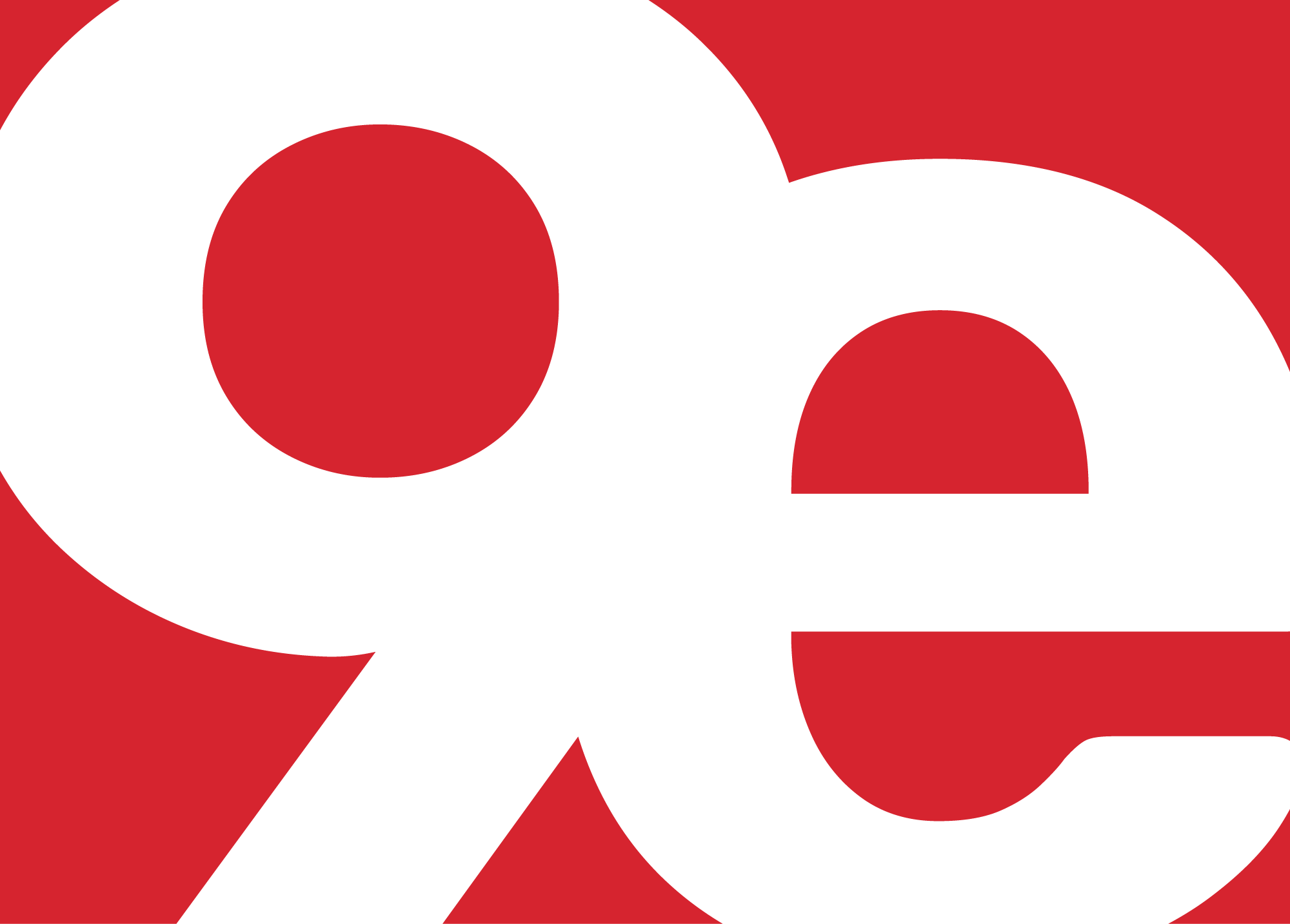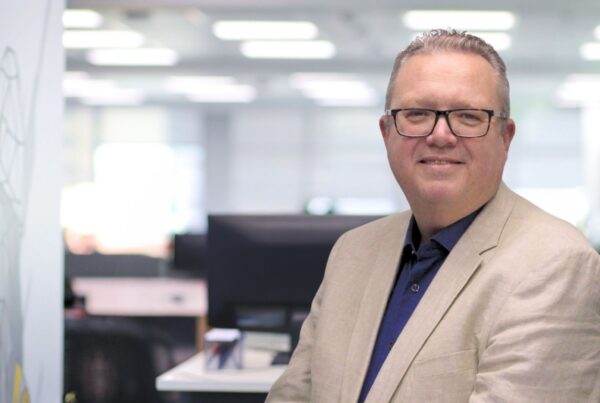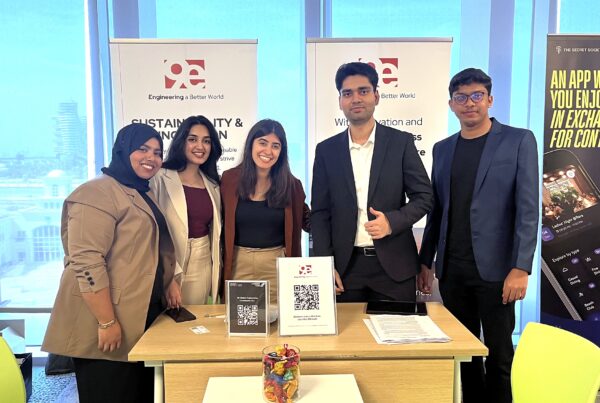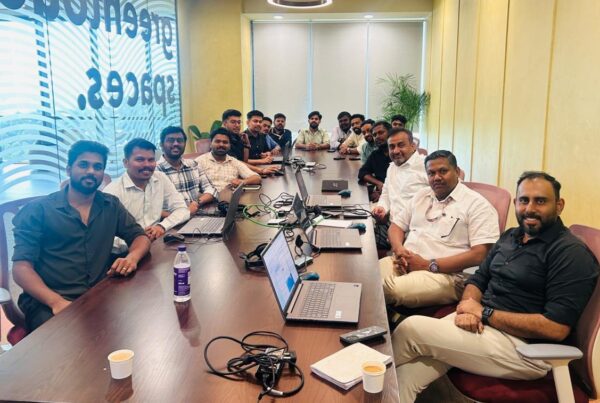Meet Manoj Srivastava – Associate (Electrical) at 9E Global.
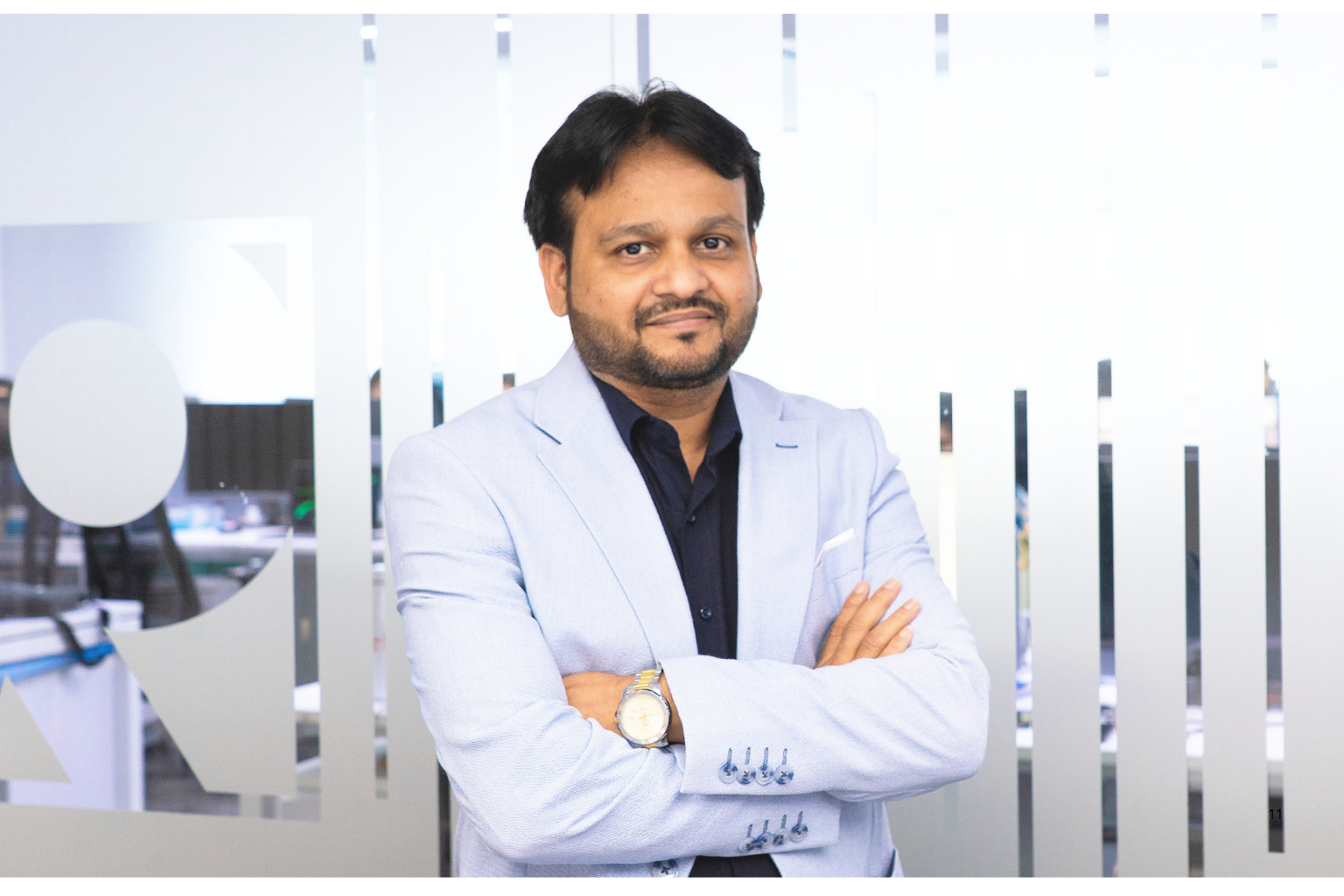
Engineering Journey & Professional Expertise
What inspired you to pursue a career in electrical and electronics engineering, and how has your professional journey developed over time?
Can you share any key projects or milestones that have had a major impact on your career so far?
What attracts you to working in the Middle East’s engineering sector, and what excites you most about opportunities here?
Joining 9E Global & Industry Impact
What motivated you to join 9E Global, and how do you envision your role supporting the company’s growth in the region?
In what ways does 9E Global’s vision align with your expertise and career goals?
Simply put, my career goal is to be part of a team that leaves a meaningful legacy through its work, and 9E’s vision mirrors that ambition.
Which upcoming projects or challenges at 9E Global are you most eager to engage with?
Electrical and Electronics Engineering Challenges & Regional Trends
From your experience, what are the biggest challenges electrical engineers face in the Middle East today?
- Can you reduce the size, reduce the cost, but still increase the performance?
- Can we have a backup for the backup, just in case?
- And of course, can you issue the IFC before the design is ready?
How do you see electrical and electronics engineering contributing to the region’s focus on sustainability and smart infrastructure?
A Personal Perspective on Engineering
Can you describe a project where you overcame a particularly complex electrical or electronics engineering problem?
Today, when people look at this project and ask, “How is this even standing?”, deep down, I smile and think, “Yes, this is the same project that looked impossible on paper but is now energized and operational in real life.” And of course, one important lesson learned: in big projects like this, your laptop and mobile charger backup are just as critical as your substation backup!
What advice would you offer young engineers aiming to build their careers in the Middle East?
- Keep your coffee strong.
- Keep your emails polite.
- Keep your drawings backed up (twice).
- And always be ready for one more “urgent” coordination meeting, probably at 6 PM!
